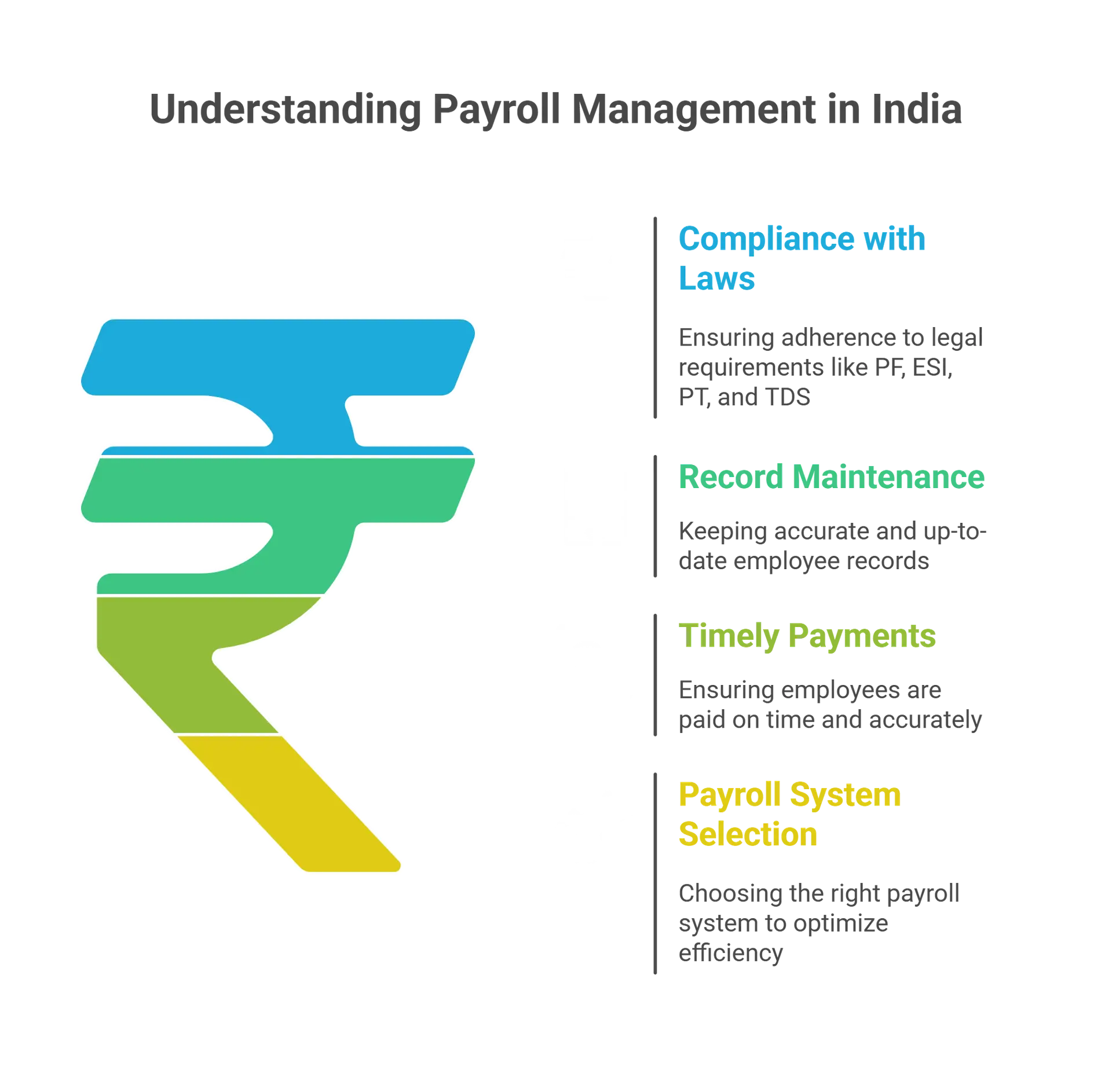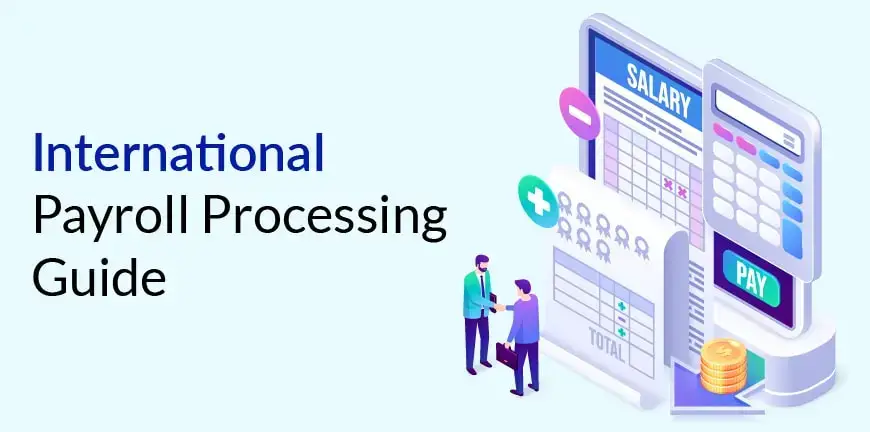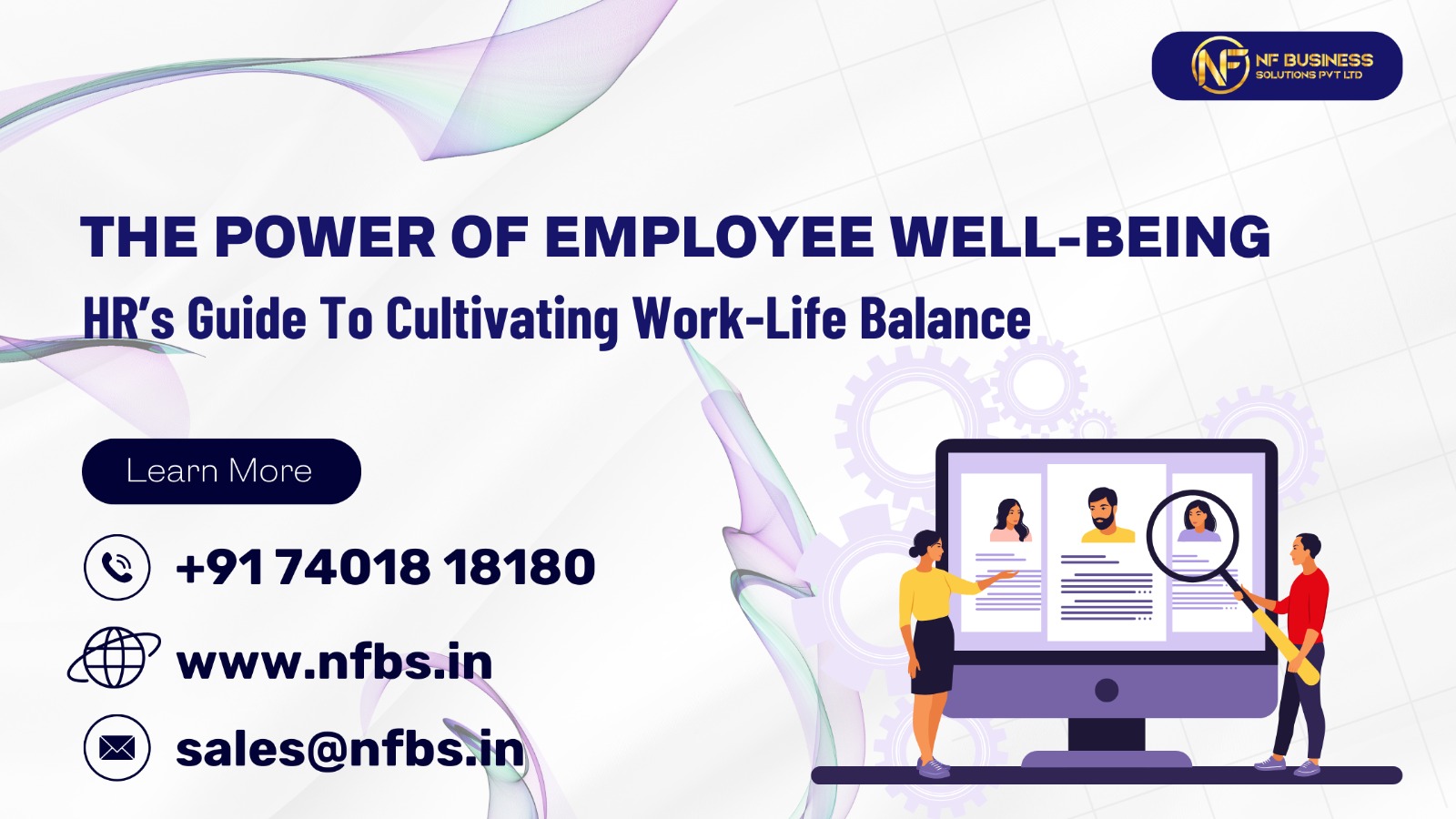Unveiling the Vital Roles and Responsibilities in Human Resource Management
The human resources (HR) division oversees the entire employee life cycle within every enterprise. This comprehensive scope encompasses activities such as talent acquisition, employment engagement, orientation, skill enhancement, professional growth, and the issuance of notifications to incoming staff. Irrespective of an organization’s nature or scale, the presence of a forward-thinking HR department becomes essential for orchestrating the labor force and corporate regulations. This ensures adherence to legal mandates and the efficient management of resources to foster the company’s advancement.
Within this article, we delve into the multifaceted functions of HR, accompanied by a delineation of pertinent proficiencies for individuals engaged in human resource management.
What Constitutes HR Responsibilities?
In elucidating the inquiry of HR responsibilities, it is prudent to consider the ensuing tasks they commonly execute:
Talent Acquisition and Workforce Provisioning:
- Professionals in the HR domain undertake the pivotal role of recruiting and provisioning adept newcomers across diverse sectors within an enterprise.
- Before initiating the recruitment process, they ascertain the prerequisites inherent to each role, drafting comprehensive job delineations for corporate job listings.
- These descriptions are then disseminated through prominent job boards, corporate websites, and social media platforms, thereby apprising potential candidates of imminent employment opportunities.
- Upon receipt of applications, the HR personnel meticulously assess resumes, conduct interviews, oversee background verifications, and liaise with other recruitment personnel and departmental managers.
- This concerted effort culminates in the selection of optimal candidates.
Employee Onboarding:
- Employee onboarding refers to the process of orienting and training new employees.
- This process equips them with the necessary knowledge, skills, and behaviors to effectively collaborate with their team members and contribute to their department’s goals.
- Following the recruitment phase, HR professionals guide newly hired individuals during their initial weeks within the company.
- This process facilitates their acclimatization to the company culture and provides accessible resources to assist them in navigating their professional journey.
Training and Professional Growth:
- Continuous skill development and career advancement opportunities are vital for most employees to excel in their roles.
- HR manages and ensures that employees regularly engage in skill-enhancing workshops and career development initiatives. This proactive approach keeps employees updated on industry trends and market demands. These training programs are tailored to the organization and specific departments, catering to individual employees and job requirements.
- Typical career development and training programs may encompass new technologies, interpersonal communication, employee relations, and leadership.
- These programs can be delivered through online platforms, in-person sessions, or self-paced learning.
- HR professionals offer guidance by recommending specific programs or higher education courses that enhance professional skills.
Compensation and Benefits:
- HR professionals collaborate closely with company executives and managers to establish the compensation philosophy, a written guideline outlining the organization’s stance on employee compensation.
- Through market research, HR determines competitive pay rates for various job roles, forming the basis of the compensation structure.
- Additionally, they work with insurance brokers to select health and welfare benefits like medical, dental, vision, life insurance, and other perks.
- Employees can direct inquiries related to benefits, vacation, or financial incentives to HR professionals with expertise in addressing these matters.
Employee Well-being:
- HR professionals actively design programs and policies to enhance employee well-being and mental health.
- Fostering employee engagement through interactive activities, counseling, health programs, and happiness initiatives can positively impact employee performance and, in turn, bolster organizational productivity.
- Policies are developed to enable employees to enjoy leisure time and take paid leaves, promoting their motivation, health, and happiness.
- By consistently surveying and collecting employee feedback on various satisfaction aspects, HR professionals refine workplace policies and approaches to create a more employee-centric environment.
Employee Relations:
- HR serves as a mediator, improving communication and relations between employees and upper management.
- When employees encounter challenges, they can contact the HR department to discuss and seek guidance in resolving issues.
- This facilitates swift resolution of disputes or conflicts, as HR professionals are skilled in conflict management.
- In situations requiring disciplinary action, HR assists in effective issue management.
- Efforts to enhance employee relations, engagement, and job satisfaction are central to HR’s role, given their direct impact on organizational operations.
Promotions and Performance Reviews:
- HR professionals conduct regular performance evaluations, allowing managers to engage with employees, guide performance improvement, discuss criteria and metrics, establish expectations, align goals with company objectives, and drive organizational growth.
- These evaluations facilitate transparent communication of employee strengths and areas for development, incorporating their feedback to enhance the evaluation process.
- Employee performance evaluations influence decisions regarding promotions or pay raises.
- HR collaborates closely with senior executives to establish promotion criteria, consistently rewarding dedicated employees to foster a positive work environment.
Record Keeping:
- HR professionals handle vast amounts of employee information daily, necessitating meticulous attention to detail and effective record-keeping for proper management and organization.
- Managing comprehensive employee databases requires regular updates, organization, and oversight of confidential data, including contracts, compensation details, job responsibilities, disciplinary actions, and performance reviews.
- HR professionals exhibit organizational, detail-oriented professionalism while maintaining employee confidentiality as needed.
Legal Compliance:
- The HR department ensures compliance with state and government labor laws, maintaining fair employment practices, workplace safety, and equal representation.
- This crucial function prevents damage to the company’s reputation and employee morale from safety concerns or unsatisfactory working conditions.
- HR professionals also verify employees’ eligibility to work legally and address complaints related to discrimination or harassment.
Enhancing Corporate Image:
- HR professionals actively contribute to enhancing the company’s corporate image by educating employees about company policies and values.
- A competent HR team can cultivate the organization’s reputation as an employer of choice, attracting skilled talent.
- Efforts are directed toward improving negative public relations and implementing initiatives to establish and sustain a positive image.
Workplace Safety:
- The HR department oversees workplace safety training and documents employee injuries or illnesses during work, enabling preventive measures and minimizing future occurrences.
- HR collaborates with health and medical experts and develops safety training materials and workplace policies to ensure employee security.
- They also manage employee compensation in cases of injuries or safety issues.








